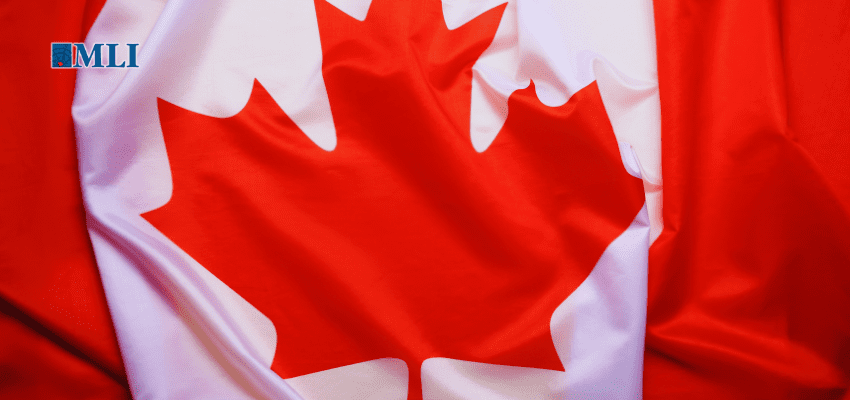Cet article est paru initialement dans La Presse.
Par Michael Barutciski, Octobre 29, 2024
Pourtant, le ministre de l’Immigration du Canada, Marc Miller, limite les options politiques quand il suggère que la Charte canadienne des droits et libertés empêche le transfert involontaire des demandeurs d’asile à travers le pays.
L’article 6 de la Charte est clair : le droit de se déplacer ou de résider dans toute province est garanti uniquement aux citoyens et aux résidents permanents. En tant que résidents temporaires, les demandeurs d’asile ne bénéficient pas de ce droit. L’article suivant de la Charte protège la liberté, mais on ne peut pas interpréter une telle disposition générale de façon qui contredirait la précision de l’article 6.
D’un point de vue pratique, il n’y aura jamais de véritable répartition géographique des demandeurs d’asile si on insiste sur leur consentement, car ils refuseront généralement d’être transférés en dehors des grandes régions métropolitaines.
Il n’y a pas si longtemps, ce même gouvernement fédéral affirmait que les demandeurs d’asile avaient automatiquement droit à une audience dès qu’ils se présentaient à la frontière canadienne. Il s’agissait d’une exagération de la portée d’un jugement de la Cour suprême rendu en 1985 qui a été utilisé par le fédéral pour défendre sa réticence à fermer le chemin Roxham.
Le fédéral fait marche arrière
La renégociation avec les États-Unis de l’Entente sur les tiers pays sûrs démontre que ce droit n’existe pas de manière absolue et que les migrants ne peuvent pas choisir où ils vont demander l’asile. Le débat actuel sur la répartition géographique reflète la même dynamique dans le positionnement juridique du gouvernement Trudeau. Malheureusement, les bonnes intentions ne sont pas suffisantes quand on aborde les dilemmes liés à l’asile.
Bien qu’on soit tous d’accord qu’il ne faut pas traiter les demandeurs d’asile comme du « bétail », M. Miller réussit à nous distraire du fait qu’il n’a pas respecté son propre engagement 1 de présenter un mécanisme de répartition interprovinciale. Il s’aperçoit depuis plusieurs semaines que ce n’est pas si facile, car il faut préparer le terrain et négocier avec les provinces, ce qu’il n’a pas fait adéquatement. Après s’être disputé publiquement2 avec ses homologues provinciaux, il invoque un faux argument lié à la Charte pour défendre l’inaction.
On peut se demander si le gouvernement Trudeau comprend qu’une protection efficace des demandeurs d’asile exige un juste équilibre entre leurs droits et les intérêts de la société d’accueil.
En se positionnant constamment en faveur des migrants, le fédéral s’est vu obligé de faire marche arrière à plusieurs reprises. Qu’il s’agisse du chemin Roxham, des visas pour les Mexicains ou du resserrement général du système des visas, le gouvernement a pris trop de temps pour trouver des solutions. C’est une façon nonchalante de gouverner, avec des conséquences importantes sur les finances publiques, tant au niveau provincial qu’au niveau fédéral.
Plutôt que de créer de la confusion avec des scénarios de demandeurs d’asile « déracinés » de force, il faut clarifier qu’il n’y a pas d’empêchement juridique à une répartition ordonnée à travers le Canada.
Le gouvernement fédéral aurait intérêt à s’inspirer de l’Allemagne : ses méthodes administratives strictes assurent la distribution à la fois humaine et efficace des demandeurs d’asile à travers ses 16 Länder (États fédérés). Cependant, il faut avant tout de la diplomatie pour convaincre les provinces canadiennes de recevoir leur part des transferts. Autrement dit, il faut offrir des incitatifs et cesser de traiter leurs leaders de « nonos ».
Michael Barutciski a rédigé récemment un rapport sur l’asile et la fédération canadienne pour l’Institut Macdonald-Laurier. Il visite actuellement l’Akademie der Konrad-Adenauer-Stiftung en Allemagne.






